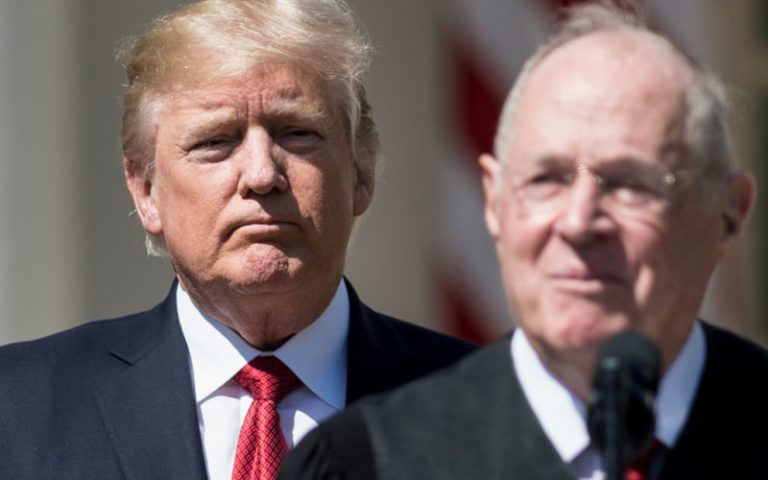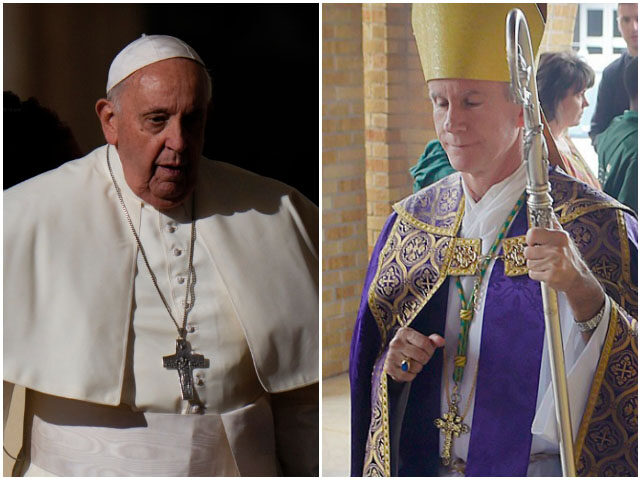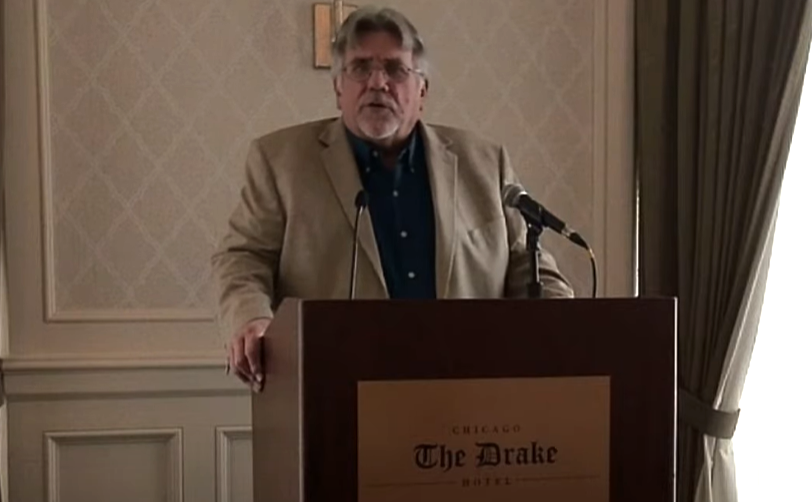By Michael Davis, Catholic Herald, Monday, 2 Jul 2018
Last week, Supreme Court Justice Anthony Kennedy announced his retirement. That means President Donald Trump will be able to appoint yet another justice to the Court, which will no doubt inflame his critics even further. Setting the circus of partisan politics aside, what does Kennedy’s departure mean for the American people?
On social issues, Kennedy was moderate-to-progressive. He reaffirmed the 1973 Roe v. Wade decision – which effectively defined access to abortion as a constitutional right – by voting with the majority in the 1992 case Planned Parenthood v. Casey. He voted with the majority in the 2016’s Obergefell v. Hodges, which enshrined a constitutional right for same-sex couples to marry. He also wrote the majority opinion for the Masterpiece Cakeshop, Ltd. v. Colorado Civil Rights Commission, which was decided earlier this month, and neither affirmed nor denied the Christian baker’s right to refuse to bake a cake for a same-sex wedding.
Glancing over the most-touted candidates, odds are that Kennedy’s replacement will have strong social-conservative credentials. Trump’s first appointment, Neil Gorsuch, was given a hero’s welcome by traditional Christians. Before his appointment, he defended the Little Sisters of the Poor against the Obama administration’s healthcare mandate, which required employers to provide contraceptives to their workers. He’s also a trenchant critic of euthanasia.
While Trump vowed to only appoint pro-life justices, Gorsuch’s opinions on abortion are completely unknown, and he’s never ruled on a case concerning life issues. Still, observers generally agree that he would vote to overturn Roe.
Gorsuch filled the seat left vacant by the death of Antonin Scalia: one of the most conservative justices in the Court’s history. The conservative-to-progressive ratio, therefore, didn’t change. But if Trump’s next nominee is as reliably conservative as his first, and if the Senate approves, conservatives will have a reliable 5-4 majority.
As far as pro-lifers are concerned, this is an opportune moment to shift the balance of power. As the Catholic Herald reported in May, social conservatives in state legislatures have been pushing legislation that would radically restrict access to abortion. Their hope is that opposition from lower courts will be kicked up to the Supreme Court, giving them a chance to challenge Roe.
That’s not all. Trump may have assured voters during the 2016 campaign that the issue of same-sex marriage was “settled”, but the plaintiff, James Obergefell, isn’t convinced. “I have to believe that there are people behind him pushing him that will force this issue and bring this back up for a vote, or for a hearing, and that really concerns me,” he told CNN last week.
Obergefell is right to be concerned. Justices Samuel Alito, John Roberts, and Clarence Thomas all dissented from the Obergefell decision and are still on the court. If it was challenged, Gorsuch and Kennedy’s unnamed replacement would probably be disposed to overturn it.
It was inconceivable just three years ago that both Roe and Obergefell would be struck down within the decade. Now, defenders of both those judgments are panicking – and rightly.
https://www.thecatholicthing.org/2018/07/05/intrinsically-disordered/







